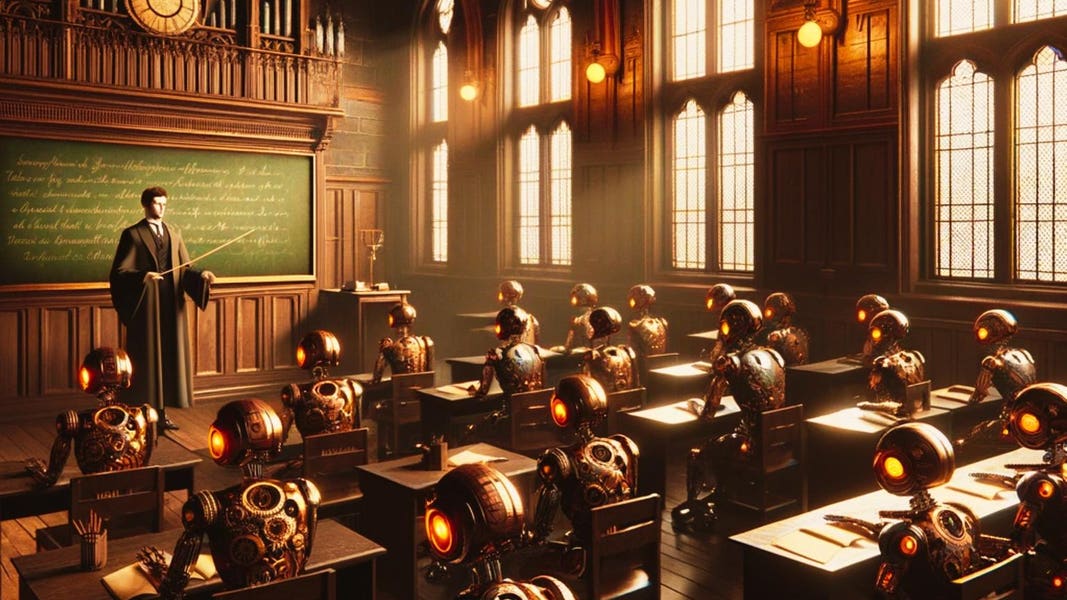Comments from a Japanese writer who disclosed using generative artificial intelligence to assist in composing the book that earned her Japan’s prestigious book award have stirred controversy within the nation’s literary sphere.
While some view AI as a beneficial writing tool, organizers of Japan’s literary competitions are questioning the impact of this technology on authors’ creativity, although many believe that AI is far from independently producing high-quality novels.
The winning novel, “Tokyo-to Dojo-to” (“Sympathy Tower Tokyo”), authored by 33-year-old Rie Kudan, is set in a futuristic Tokyo where generative AI is prevalent. This novel clinched the 170th Akutagawa Prize for emerging writers in January.
The buzz surrounding Kudan’s novel escalated after she revealed during a press conference following her win that approximately 5 percent of the book’s content was directly sourced from generative AI.
Shuichi Yoshida, a novelist on the prize’s selection committee, mentioned that AI was minimally discussed during the evaluation process and was perceived more as a character within the narrative.
However, Kudan’s acknowledgment of utilizing AI has sparked debates, with opinions divided on social media. The story has garnered international attention, featured in reports by CNN and other global networks.
Generative AI, driven by machine learning, can create text, images, and various content based on user inputs. This technology allows individuals to produce literary and artistic works effortlessly, even without specialized expertise in the field.
With the expanding use of generative AI, concerns have surfaced regarding its potential misuse for spreading misinformation or violating intellectual property rights. Discussions are ongoing to establish guidelines for its ethical application.
In Kudan’s book, there is a scenario where “AI-built,” a fictional technology reminiscent of the contemporary ChatGPT by U.S.-based OpenAI, responds to the protagonist’s queries. Kudan clarified in a subsequent interview that she incorporated AI-generated text solely in the dialogues of AI-built in the narrative.
She emphasized, “While I integrated AI-generated content in parts, I meticulously adjusted the storyline to maintain its coherence. The AI-derived text comprises only a fraction of the entire book, contrary to exaggerated claims.”
A seasoned editor noted that while Kudan’s work itself was unproblematic, the disclosure of AI usage would influence future submission guidelines.
“Similar to citing sources, we prefer to be informed in advance,” the editor remarked. “Detecting AI involvement during the writing process is challenging, and readers might feel deceived if this information surfaces post-publication.”
Changes are underway in the realm of science fiction, where AI frequently serves as a central theme.
The Hoshi Shinichi Award for sci-fi literature has outlined specific guidelines for integrating AI-generated content in submissions, including the mandate to enhance or revise the generated text significantly before inclusion, as well as maintaining detailed records of the process.
Literary critic Akira Okawada highlighted that “many authors already rely on AI for conceptualizing themes or narrative structures,” indicating that Kudan’s utilization of generative AI aligns with this trend.
He suggested, “Although AI alone cannot craft exceptional stories, we should contemplate its potential to surpass human creativity in the future.”
Okawada underscored the ethical complexities that AI struggles to navigate in creative writing. “While humans grasp the nuances of morality over time, AI encounters challenges in addressing ethical dilemmas comprehensively in its work,” he remarked.
Kudan’s novel delves into the intricate bond between humans and language, exploring unconventional ethical perspectives. She expressed her willingness to coexist with AI, stating, “Even if AI could emulate human writers and produce superior content, I would still choose to write myself. This desire within me will endure.”
© KYODO










